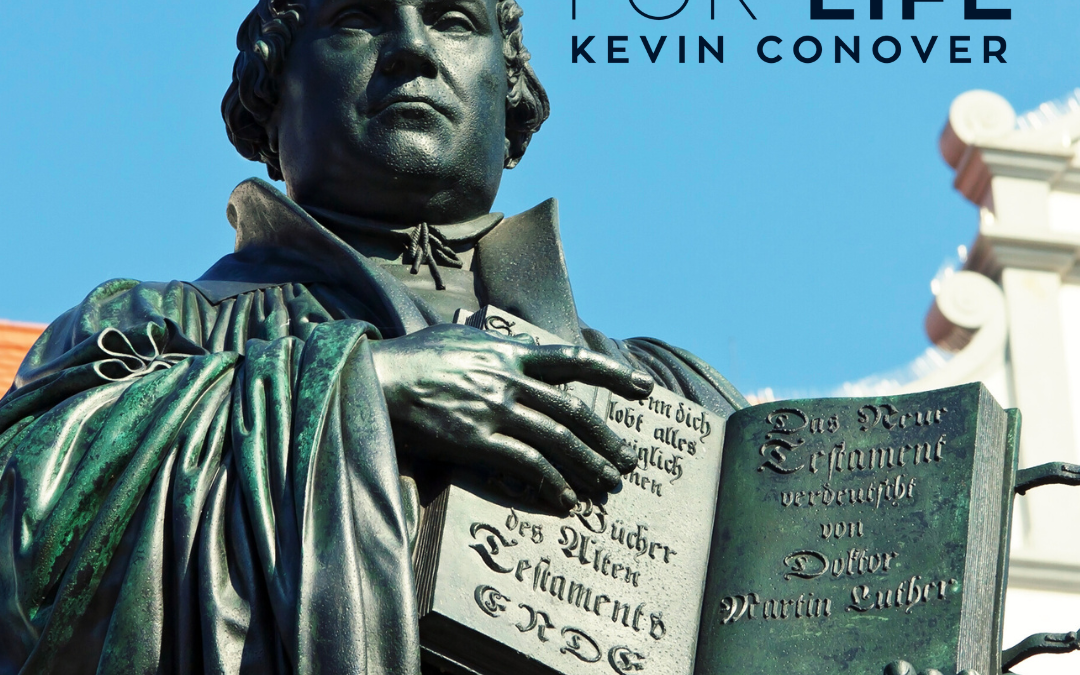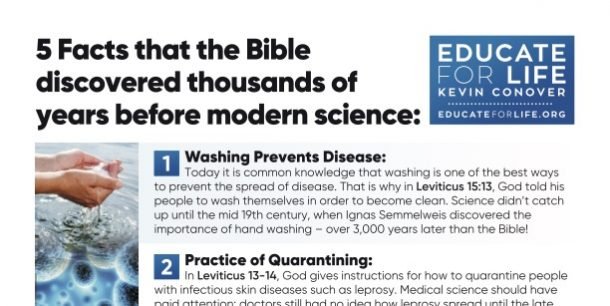If an experiment fails, then what?
In the 1600s, Dr. Jan Baptist Von Helmont left wheat in an open jar with dirty underwear. Several weeks later mice appeared. From this experiment, Dr. Von Helmont concluded that mice spontaneously arose from wheat and dirty underwear. Other scientists of the day offered a second “proof” that life could arise from dead things. These early scientists left uncovered, rotting meat lying on a table. After two weeks, living maggots appeared within the meat. For many years, this was the reigning paradigm of science, life produces itself spontaneously from non-living matter.
In 1668, Dr. Francisco Redi slightly changed the maggot experiment by covering the rotting meat with cheesecloth. The result, no maggots appeared. He realized that for maggots to appear there needed to be parent flies. Finally, Dr. Louis Pasteur began a series of experiments with broth that proved once and for all that life comes from living things and dead things never come to life. Through careful experimentation, Louis Pasteur discovered the law of biogenesis, bio: “life”, genesis: “beginning”, that life begets life. This law of science has never been violated by any experiment or observation. Pasteur went on to apply this discovery to the process of pasteurizing milk, which has prevented millions of deaths by stopping microorganisms from growing in milk.
Ironically, the same year that Pasteur, a strong Christian believer, proved that life could never have arisen by itself, therefore life must have been made by God, Charles Darwin was angry with God over the death of his young daughter, published the Origin of the Species, supposedly showing how one form of life could transform itself into another. This rapidly led to the belief that life did come from non-life. That year was 1859, a landmark year for both truth and deception.
(Source: Inspired Evidence Von Vett & Malone)









0 Comments
Trackbacks/Pingbacks